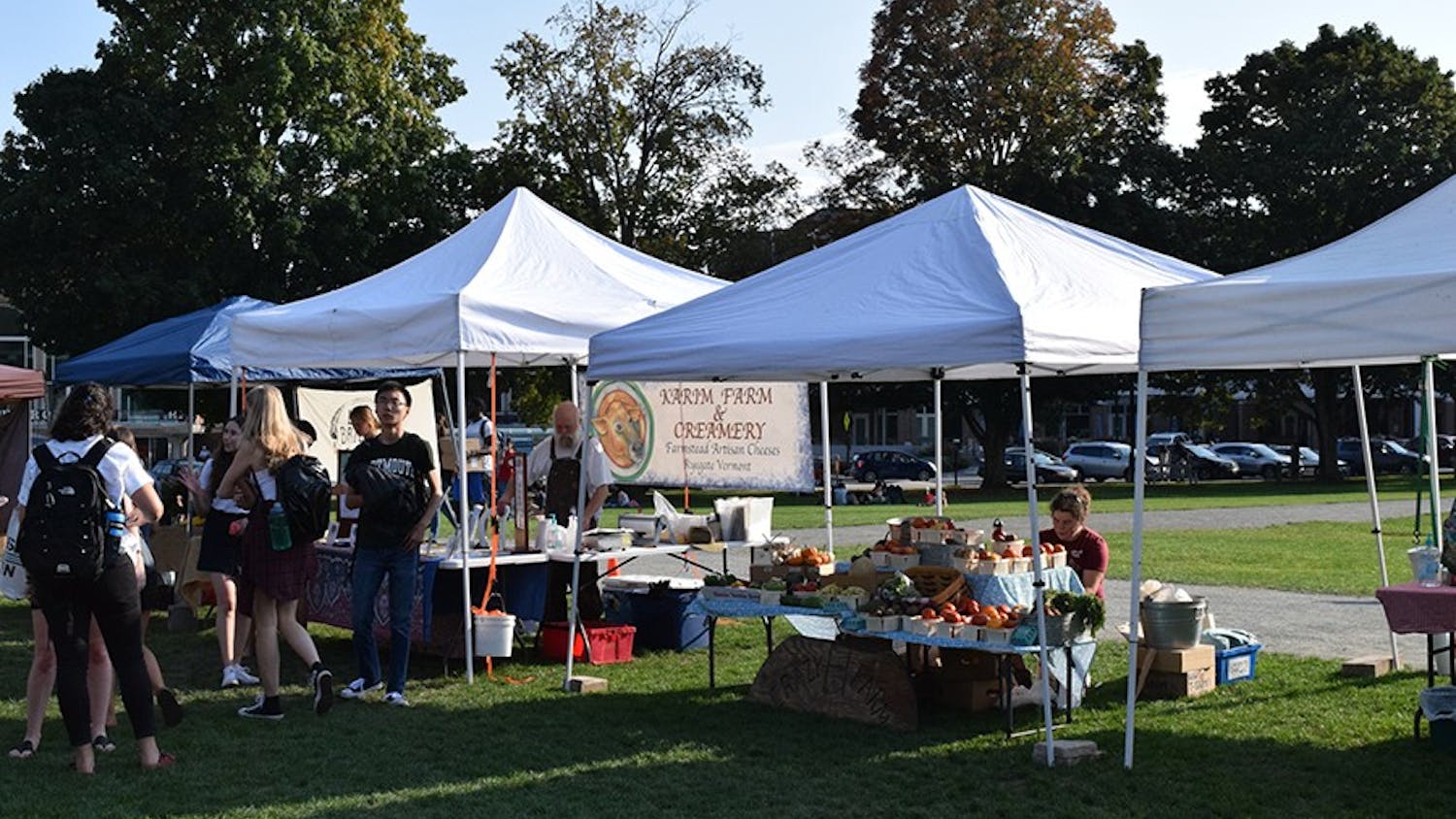In its inaugural term this winter, TuckLAB provides students the chance to fulfill their entrepreneurial aspirations, according to TuckLAB participant Sam Seifert ’20. The six-week program grants students hands-on experience to learn entrepreneurial skills from professors in the Tuck School of Business and Thayer School of Engineering.
Created by director of the Magnuson Center Jamie Coughlin, Jeffrey Crowe ’78, deputy dean of Tuck Punam Keller, Rick Magnuson ’79 and Tuck dean Matthew Slaughter, the program is a collaboration between Tuck and the Magnuson Center to provide students with essential business skills and an understanding of the entrepreneurial process.
“The main impetus for the TuckLAB program was to enable students to pursue their passion in any field that they chose,” Keller said.
The program consists of two sections: Core and Applied Business and Learning and Entrepreneurship, or ABLE. The Core section focuses on essential business skills while ABLE seeks to apply these skills in an entrepreneurial setting to provide students with real world applications of the start-up mentality. With classes and activities focused around skills such as idea pitching and product development, the program builds up to a Shark Tank-like pitch where students present their business ideas in teams.
“One of the hallmarks of the TuckLAB program is that each individual presents an idea and every week the number of ideas that go forward is reduced,” Keller said. However, the individuals and teams whose ideas are not selected then join a new team for the next week.
With the final pitch coming up this weekend, the program started with 17 pitch ideas which have now been trimmed down to a final five, Seifert said.
This narrowing process very much mirrors the real entrepreneurial world, Keller added.
“It’s important to learn how to work with other funded programs and projects while you continue working on your own idea,” she said.
Students were selected for the program on a first come first serve basis while ensuring that the class of students was diverse and reflective of the student community, she said.
Given that the program is in its first term, Keller noted that this winter’s group will play an important role as data for how to improve the TuckLAB program in the future.
“We wanted to pick a diverse group of students not only to meet objectives of diversity and inclusivity,” she said, but so they could see what aspects of the program were working for who and how they could “modify and innovate” for the students who needed something different.
In a world where graduate degrees are often needed for “meaningful” careers, TuckLAB provides students with the skill to be effective in their first job without attending more school after graduation, Keller said. However, she also stressed that TuckLAB is not just about careers. The program will make participants more effective team players through learning to give and get constructive feedback, become better listeners, and reduce conscious and subconscious biases, she said.
“I’ve been looking for more tangible items to put along with my liberal arts education,” Seiftert said, adding that the program seemed like a way to build skills and potentially end up with a new business idea.
Seifert was a part of the initial team working on “The Late Night Bite” along with fellow TuckLAB participant Carlos Polanco ’21 to create a late night food truck open from 10 p.m. until 2:30 a.m. The late-night food option would be an alternative to the limited choices on campus in addition to being mobile and able to go where the students are late at night, he said.
Sunaina Sekaran ’22 and her taeam have also advanced to the final round.
“The origins of the project kind of started when I was in eighth grade, but I didn’t do anything from it since then,” said Sekaran. During eighth grade, Sekaran was concerned by the sexual assault of women in developing nations and saw education as a path to empowerment.
“What is hindering these women from seeking an education, what are they doing instead?” she asked herself. Sekaran soon discovered that the miles of walking required to access water were prohibiting women from attending school and set out to design a product to ease this burden.
While in eight grade their final product was not feasible, “now, looking at it with a little more technical ability we came up with something better,” she added.
Sekaran and her team have designed a rolling barrel to help women gather water, hopefully empowering more women to seek an education.
The winner of the weekend’s final pitch will win a prize, although Sekaran said it is “really unclear” what exactly the prize is.



